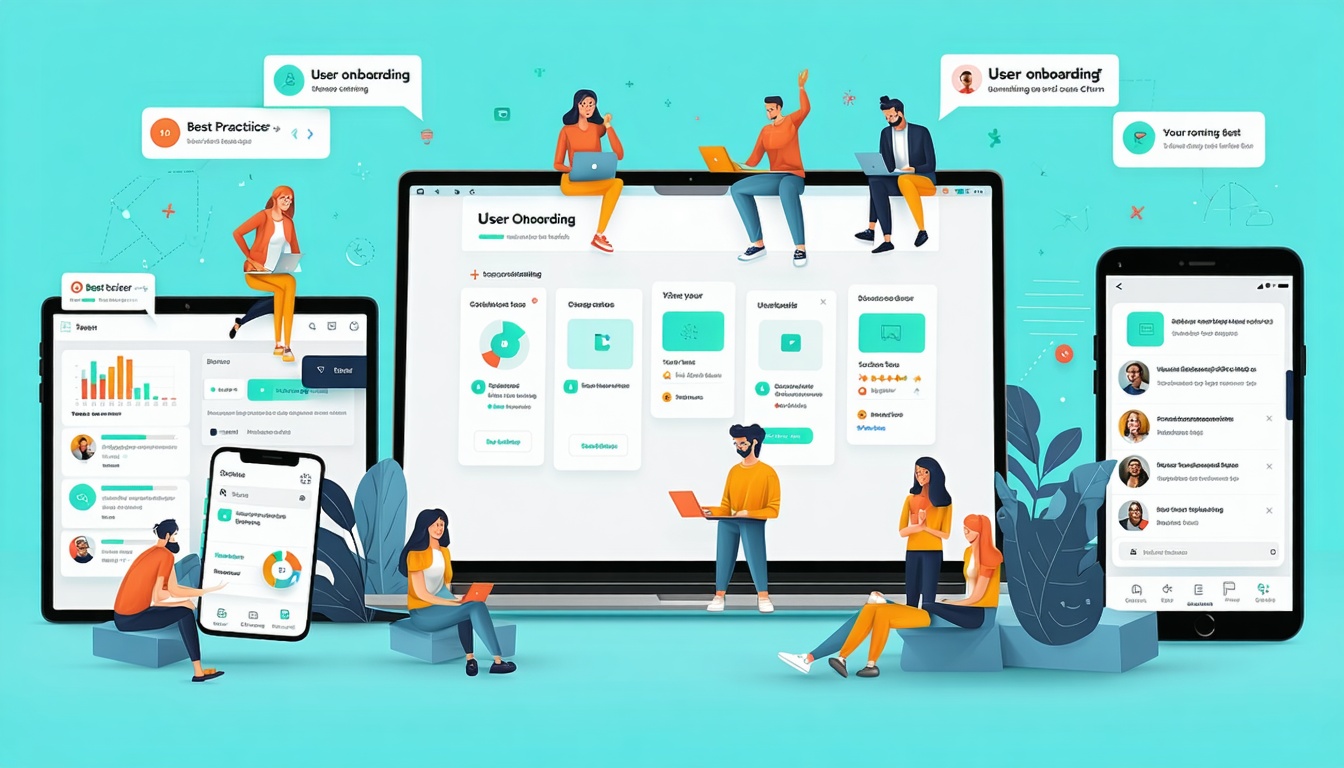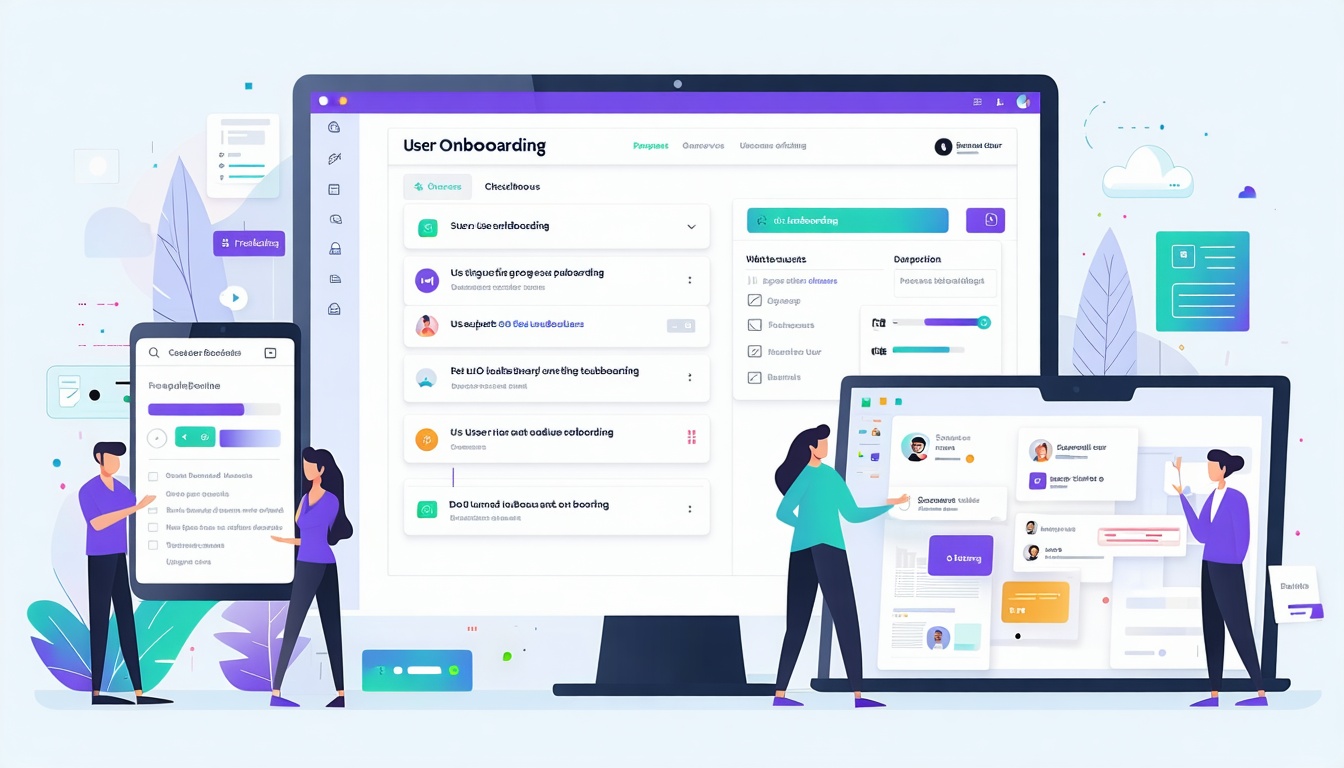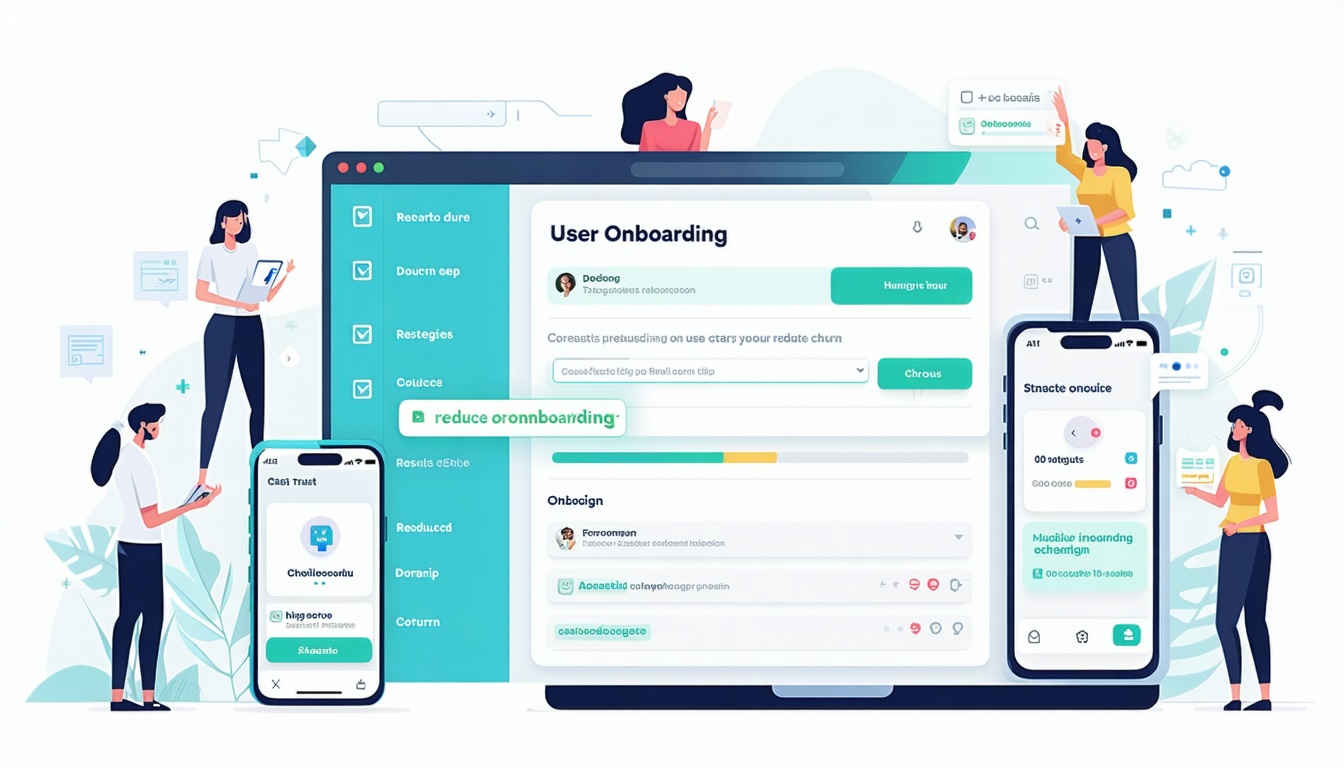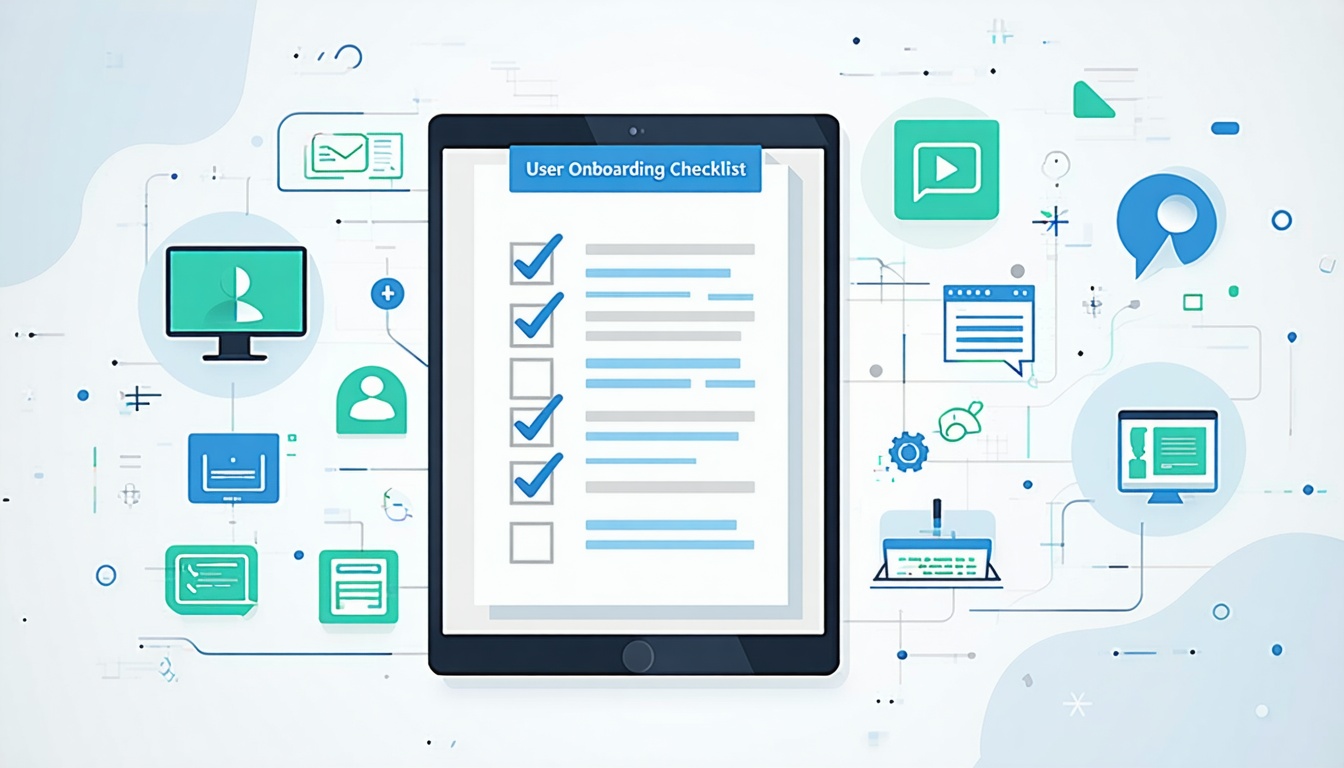Exploring Offshore Development Centers
When delving into offshore development centers (ODCs), understanding the fundamental concepts and advantages they offer is essential for businesses looking to extend their development capabilities. Here, we will explore what an Offshore Development Center is and the benefits it brings to the forefront.
What is an Offshore Development Center (ODC)?
An Offshore Development Center (ODC) is a dedicated remote facility established by a company in a foreign location, typically in countries like India, the Philippines, or Eastern Europe. It serves as an extension of the client’s organization, providing a specialized team of professionals to handle software development, IT operations, or other tech-related services.
ODCs offer a strategic approach to outsourcing, allowing businesses to leverage global talent, access specialized skills, and reduce operational costs. They bring flexibility, scalability, and expertise to the table, enabling companies to focus on their core competencies while delegating non-core activities to an external team.
Benefits of Establishing an ODC
Establishing an Offshore Development Center comes with a myriad of benefits that can significantly impact a company’s growth and efficiency. Here are some key advantages of opting for an ODC model:
| Benefits |
|---|
| Access to Skilled Talent |
| Cost-Effectiveness and Operational Efficiency |
| Scalability and Flexibility |
| Time Zone Advantage and Continuity of Operations |
| Focus on Core Business Functions |
| Enhanced Productivity and Speed to Market |
| Innovation through Diverse Perspectives |
By tapping into these advantages, businesses can enhance their development capabilities, accelerate project timelines, and stay competitive in the ever-evolving tech landscape. For more insights on offshore development centers and their benefits, check out our article on offshore development center benefits.
As companies continue to navigate the global marketplace, offshore development centers remain a strategic choice for those seeking to drive success through effective collaboration and resource optimization.
Key Factors for Success
When venturing into offshore development, ensuring success hinges on several critical factors. Clear communication channels, team collaboration and integration, and effective project management strategies form the foundation for a successful offshore development center (ODC) operation.
Clear Communication Channels
Establishing clear communication channels is paramount to the success of any offshore development initiative. Effective communication bridges the physical distance between onshore and offshore teams, ensuring that project requirements, expectations, and feedback are conveyed accurately and promptly.
By leveraging various communication tools such as video conferences, instant messaging, and project management software, teams can stay connected in real-time, fostering transparency and alignment. Regular status updates, milestone reviews, and open channels for feedback promote a collaborative and cohesive work environment across geographically dispersed teams.
Team Collaboration and Integration
Promoting team collaboration and integration facilitates the seamless interaction between onshore and offshore team members, driving productivity and innovation. Encouraging a culture of inclusivity and teamwork transcends physical boundaries, enabling diverse perspectives and skill sets to converge towards common goals.
Embracing collaborative tools and platforms that facilitate virtual teamwork, such as shared document repositories and task management systems, enhances synergy and promotes a sense of cohesion among team members. Leveraging these collaborative technologies fosters a unified team dynamic, regardless of geographical separation.
Project Management Strategies
Effective project management strategies are essential for navigating the complexities of offshore development projects. By employing robust project management methodologies, such as Agile or Scrum, teams can streamline workflows, optimize resource allocation, and adapt to evolving project requirements.
Project managers play a pivotal role in overseeing project timelines, milestones, and deliverables, ensuring adherence to quality standards and client expectations. By establishing clear project objectives, defining roles and responsibilities, and implementing efficient communication protocols, project managers empower teams to achieve project success within set timelines and budget constraints.
By prioritizing clear communication channels, fostering team collaboration and integration, and implementing effective project management strategies, businesses can lay a solid foundation for success in their offshore development endeavors. These key factors not only drive operational efficiency but also cultivate a culture of innovation and excellence within the offshore development center ecosystem.
Effective Offshore Development Center Strategies
To ensure the success of an offshore development center (ODC) and foster a productive collaboration between onshore and offshore teams, businesses must implement effective strategies. Three key strategies include setting clear goals and expectations, building strong relationships with the offshore team, and implementing agile development practices.
Setting Clear Goals and Expectations
Establishing clear goals and expectations is essential for aligning the efforts of both onshore and offshore teams. By defining specific objectives, timelines, and deliverables, all team members gain a shared understanding of project requirements. This clarity helps prevent misunderstandings and ensures that the project progresses smoothly.
A well-defined roadmap outlining project milestones and key performance indicators (KPIs) can provide a clear direction for the offshore team. Regular communication and progress tracking against these goals help monitor the project’s trajectory and make necessary adjustments to stay on course. For more insights on effective communication strategies, check out our article on offshore development center governance.
Building Strong Relationships with Offshore Team
Cultivating strong relationships with the offshore team is integral to the success of any offshore development initiative. Building trust, fostering open communication, and creating a collaborative environment are key components of relationship-building. Regular virtual meetings, team-building activities, and shared project spaces can help bridge the distance between teams and foster a sense of camaraderie.
It’s essential to treat the offshore team as an extension of the in-house team, emphasizing inclusivity and promoting a unified team culture. By investing time and effort in relationship-building, businesses can enhance cooperation, boost morale, and drive greater productivity within the offshore development center. For more insights on managing offshore teams effectively, refer to our article on managing an offshore development center.
Implementing Agile Development Practices
Agile development methodologies offer a flexible and iterative approach to software development, making them well-suited for offshore collaboration. Implementing agile practices such as Scrum or Kanban allows teams to adapt to changing requirements, enhance transparency, and deliver incremental value to stakeholders.
By embracing agile principles, teams can streamline communication, prioritize tasks effectively, and respond swiftly to feedback. Daily stand-up meetings, sprint planning sessions, and retrospectives facilitate continuous improvement and help teams stay aligned toward common project goals. Implementing tools for remote collaboration, such as project management software and version control systems, can further support agile workflows. To explore more about agile methodologies, check out our article on offshore development center best practices.
By focusing on setting clear objectives, nurturing relationships, and embracing agile methodologies, businesses can optimize their offshore development center strategies and drive successful outcomes in their global development initiatives.
Overcoming Challenges
Navigating the landscape of offshore development centers (ODCs) comes with its set of challenges that businesses must address to ensure successful collaboration and project outcomes. Key challenges include managing time zone differences, overcoming cultural and language barriers, and ensuring data security and compliance.
Time Zone Differences
One of the most significant challenges faced when working with an offshore development center is the time zone differences. Coordinating meetings, communication, and project updates can be challenging when teams are located in different time zones. To overcome this hurdle, businesses should establish clear communication protocols, determine overlapping work hours for real-time collaboration, and leverage project management tools that facilitate asynchronous communication and task tracking.
Cultural and Language Barriers
Cultural and language differences can create barriers to effective communication and collaboration within offshore development teams. Misinterpretations, misunderstandings, and differing work styles can hinder productivity and teamwork. To address these challenges, companies should invest in cultural training programs to foster mutual understanding and respect among team members. Additionally, utilizing language translation tools and documentation in multiple languages can enhance communication clarity and bridge the language gap.
Ensuring Data Security and Compliance
Maintaining data security and compliance standards is paramount when engaging with an offshore development center. Concerns about data breaches, intellectual property protection, and regulatory compliance may arise when sharing sensitive information with an external team. To mitigate these risks, businesses should implement robust cybersecurity measures, such as data encryption, access controls, and regular security audits. Furthermore, establishing clear legal frameworks, non-disclosure agreements, and compliance guidelines ensures that data protection standards are upheld throughout the collaboration.
By proactively addressing and mitigating these challenges, businesses can foster a collaborative and secure environment with their offshore development center, paving the way for successful project delivery and long-term partnerships.
Maximizing Productivity and Efficiency
In the realm of Offshore Development Centers (ODCs), maximizing productivity and efficiency is key to ensuring the success of remote collaboration and project execution. By employing the right strategies and utilizing appropriate tools, businesses can enhance their operational effectiveness. This section explores three vital aspects that contribute to maximizing productivity and efficiency within offshore development teams.
Utilizing Tools for Remote Collaboration
Efficient collaboration is essential for the seamless functioning of offshore development teams. Leveraging digital tools designed for remote work can streamline communication, project management, and document sharing. These tools facilitate real-time interactions, file exchanges, and task tracking, bridging the physical distance between onshore and offshore team members.
Utilizing tools such as project management platforms, instant messaging applications, video conferencing software, and cloud storage solutions can enhance teamwork, boost productivity, and foster a cohesive working environment. It’s imperative to select tools that align with the specific needs of the project and promote effective collaboration across geographically dispersed teams.
| Collaboration Tool | Purpose |
|---|---|
| Trello | Task Management |
| Slack | Team Communication |
| Zoom | Virtual Meetings |
| Google Drive | File Sharing |
Regular Performance Monitoring and Feedback
Monitoring the performance of offshore development teams is essential to track progress, identify areas for improvement, and ensure project milestones are met. Implementing regular performance evaluations allows project managers to assess individual and team productivity, adherence to timelines, and quality of work deliverables.
By providing constructive feedback and guidance based on performance assessments, managers can motivate team members, address any performance issues promptly, and foster continuous improvement. Timely feedback helps maintain alignment with project goals, enhances accountability, and contributes to the overall success of the offshore development initiatives.
Continuous Training and Skill Development
Investing in the continuous training and development of offshore team members is crucial for staying current with technology trends, enhancing skill sets, and fostering innovation. Regular training sessions, workshops, and skills enhancement programs help employees expand their knowledge, improve their capabilities, and adapt to evolving industry requirements.
By offering opportunities for professional growth and upskilling, organizations can boost employee morale, engagement, and retention within offshore development teams. Encouraging lifelong learning and career advancement not only enhances individual performance but also contributes to the collective expertise and success of the offshore development center.
Maximizing productivity and efficiency in offshore development operations requires a multifaceted approach that encompasses effective collaboration tools, performance monitoring mechanisms, and opportunities for continuous training and skill development. By integrating these strategies into the operational framework of ODCs, businesses can elevate the performance levels of their remote teams and drive successful outcomes in offshore software development projects.
Future Trends in Offshore Development
As the landscape of offshore development continues to evolve, businesses are adapting to emerging trends to stay ahead in the global market. Understanding these trends is crucial for companies looking to leverage offshore development centers effectively. Three significant trends shaping the future of offshore development include embracing AI and automation, a shift towards hybrid offshore models, and sustainable outsourcing practices.
Embracing AI and Automation
One of the prominent trends in offshore development is the increased integration of artificial intelligence (AI) and automation technologies. Businesses are leveraging AI-driven tools and automation to streamline processes, enhance efficiency, and drive innovation. AI-powered solutions are being used in various stages of the development lifecycle, from project planning to quality assurance.
By embracing AI and automation, offshore development centers can improve productivity, reduce manual intervention, and address complex development challenges more effectively. Companies are investing in AI technologies to enhance data analysis, optimize resource allocation, and accelerate project delivery. This trend is enabling offshore teams to work smarter, faster, and with greater precision.
Shift towards Hybrid Offshore Models
Another trend gaining momentum in offshore development is the shift towards hybrid offshore models. Hybrid models combine the advantages of onshore, nearshore, and offshore teams to create a flexible and diversified development approach. Businesses are realizing the benefits of leveraging a mix of local and offshore talent to optimize costs, mitigate risks, and improve scalability.
Hybrid offshore models offer the flexibility to allocate development tasks based on the project requirements, expertise availability, and resource scalability. By blending local and offshore teams, companies can take advantage of diverse skill sets, cultural alignment, and time zone advantages to drive successful project outcomes. This trend reflects the growing need for agile and adaptable development strategies in a competitive global market.
Sustainable Outsourcing Practices
In response to increasing environmental and social responsibility concerns, sustainable outsourcing practices are becoming a key focus for businesses engaging in offshore development. Companies are prioritizing ethical sourcing, eco-friendly operations, and social impact initiatives when selecting offshore partners. Sustainable outsourcing is not only about reducing environmental footprint but also about fostering long-term partnerships based on shared values and responsible business practices.
By implementing sustainable outsourcing practices, businesses can enhance brand reputation, attract conscious consumers, and contribute to positive social and environmental change. Offshore development centers that demonstrate a commitment to sustainability, ethical conduct, and community engagement are becoming preferred partners for companies seeking to align their operations with global sustainability goals.
Embracing AI and automation, adopting hybrid offshore models, and practicing sustainable outsourcing are shaping the future of offshore development. By staying abreast of these trends and incorporating them into their strategies, businesses can drive innovation, efficiency, and long-term success in the dynamic world of offshore software development.











